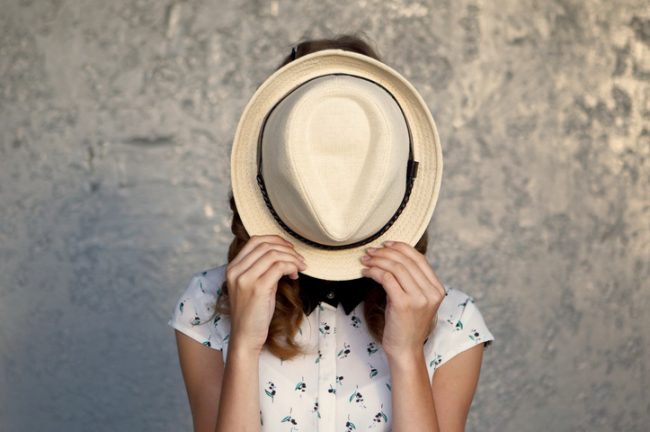Are you a people person? Or a bit of a hermit? Our culture tends to prize extroverts as gregarious, positive, assertive and dynamic while introverts are commonly thought of as neurotic and self-absorbed. In truth, there are lot of misconceptions that surround each personality type.
Introvert or extrovert, either end of the spectrum has its pluses and minuses, including certain health risks associated with each type. It’s good for us to know that our social choices have consequences for our health—personality styles affect physiology.
A growing body of research suggests that what goes on in our minds shows up in our bodies, that our personal expression has an imprint on our health. Whether you look inward or outward, here’s what you need to know about the potential health risks that come with how we orient ourselves in the world.
Immunity
A 2014 joint study from the University of Nottingham and the University of California, Los Angeles suggests that extraverts may have stronger immune systems than introverts. Extraverts tended to have increased expression of pro-inflammatory genes associated with heightened immunity—the power to fight infection and recover from injury.
On the other hand, introverts, defined as people who scored high in “conscientiousness,” had lower levels of these genes. In other words, extroverts may have the advantage of more robust immune systems, with one theory speculating that their gregarious social orientation exposes them to more germs overall.
One of the factors that may compromise an introvert’s immune system may be their tendency to be less open to new experiences—thus less exposure. However, extroversion can take its toll: a pattern of sustained inflammation over a lifetime can make a person vulnerable to diabetes, atherosclerosis and cancer.
Sleep deprivation
Introverts may be more resilient to the effects of sleep deprivation, possibly because they are used to a brain that’s always “on.” According to a 2010 study out of the Walter Reed Army Institute, sleep deprivation hits extroverts harder.
In the study, both extroverts and introverts were kept awake for 36 hours. For some, that included 12 hours of social interaction, while others were assigned 12 hours of isolated activity. The extroverts who had more social interaction had lower scores on tests for alertness and reaction times than introverts.
The theory? Social interaction can exhaust the brain regions that address attention, thus increasing the need for sleep. Introverts, who may have more tolerance for sustained attention, also called “cortical arousal,” might have the ability to not get tuckered out so easily.
Overeating
Introverts may be less prone to overeating than extroverts. A study conducted by researchers at the Cornell Food and Brand Lab examined the link between personality and children’s eating behavior.
One of the tests was to see if the size of a breakfast bowl influenced how much cereal and milk school children served themselves. When children were able to serve themselves using a large bowl, extroverted children (as judged by teachers and counselors) served themselves 33 percent more than their introverted peers.
The idea was to test the children’s susceptibility to external cues, i.e. the size of the bowl. The researchers speculate that introverts are more predisposed to following internal cues and less likely to be influenced by environmental factors such as bowl size. In general, introverts may be better endowed to resist casual overeating—but more studies are needed.
Mental health
Introversion tends to be viewed by mental health professionals as a personality disorder. While there are many counter arguments to that claim, some research does make the case that introverts are more prone to depression.
A 2002 study, albeit with a small sample size, published in the Journal of Psychiatric Research found 74 percent of introverts made up the depression population.
A 2014 study, conducted on college students living in the United States, China, Japan, the Philippines, and Venezuela and published in the Journal of Research in Personality, found that students who behaved with more extraversion, namely positive interpersonal experiences in daily situations, were happier no matter the cultural setting.
It may well be that it’s the stigma around introversion that may be a key factor influencing their negativity bias. If you are an introvert, learning to embrace your personality type, and celebrate its strengths, may be the best way to undo some of the negative health associations.

